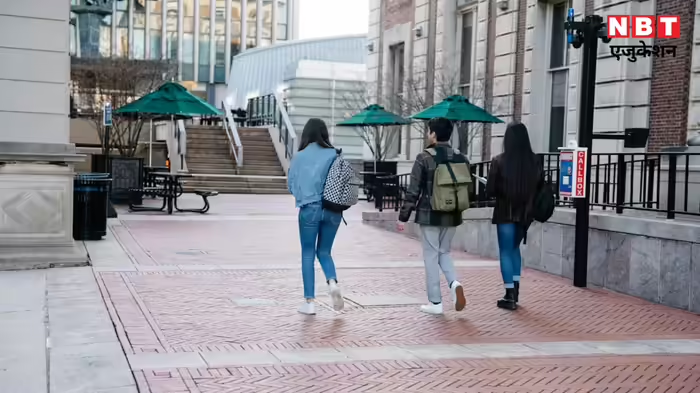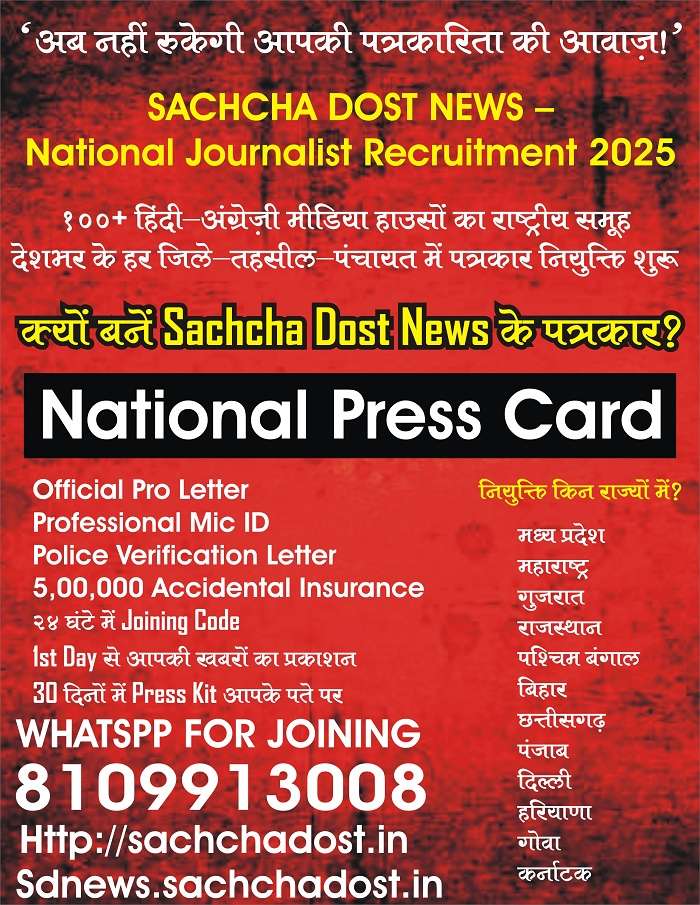
**US OPT International students completing their studies in the United States can gain valuable work experience through the *Optional Practical Training (OPT)* program. This program allows F-1 visa students to work in their field of study, providing a crucial pathway for career development in the US.
Why OPT is Under Fire
The OPT program has recently come under scrutiny amid the ongoing H-1B visa debate. Critics argue that H-1B visas are limiting job opportunities for American graduates. In this context, OPT — which allows foreign students to work temporarily — is also being targeted.
Missouri Congressman Eric Schmitt described OPT as a pipeline providing cheap labor to large corporations. In a letter to the Department of Homeland Security and USCIS, he urged reforms or complete elimination of OPT, claiming it disadvantages American graduates. According to Schmitt, OPT primarily serves the financial interests of companies and educational institutions at the expense of local students, reducing salary and employment opportunities for Americans while enabling foreign workers to enter the job market indirectly.
OPT Poses a National Security Concern
Schmitt further argued that OPT also harms the higher education system, turning colleges into “visa mills” and creating potential national security risks. He emphasized that the program was never formally approved by Congress or requested by the American public; instead, it was implemented by unelected bureaucrats.
How OPT Works
OPT provides work authorization to F-1 visa holders:
- Students can work 12 months in their field of study after graduation.
- STEM graduates (Science, Technology, Engineering, Mathematics) can extend OPT to 36 months.
- Students must apply for an Employment Authorization Document (EAD) from USCIS before starting work.
OPT is also closely linked with H-1B visas, as employers often sponsor OPT students for H-1B to retain skilled talent. Once approved, students can legally work in the US for up to six years under H-1B status.
Impact on Indian Students
Ending OPT would disproportionately affect Indian students, who form a major portion of international students in the US. Many Indian students invest heavily in education abroad, counting on OPT to recover costs through employment. According to the Institute of International Education (IIE), 49% of Indian students in the US rely on OPT for work opportunities.
Without OPT:
- Access to H-1B visas could become more difficult.
- Employers would face higher fees to hire foreign graduates.
- Students might lose the chance to gain US work experience, affecting long-term career and PR prospects.
For Indian students, OPT is not just a temporary job option — it is a critical bridge to H-1B visas, work experience, and future opportunities in the US workforce.
Discover more from SD NEWS agency
Subscribe to get the latest posts sent to your email.
